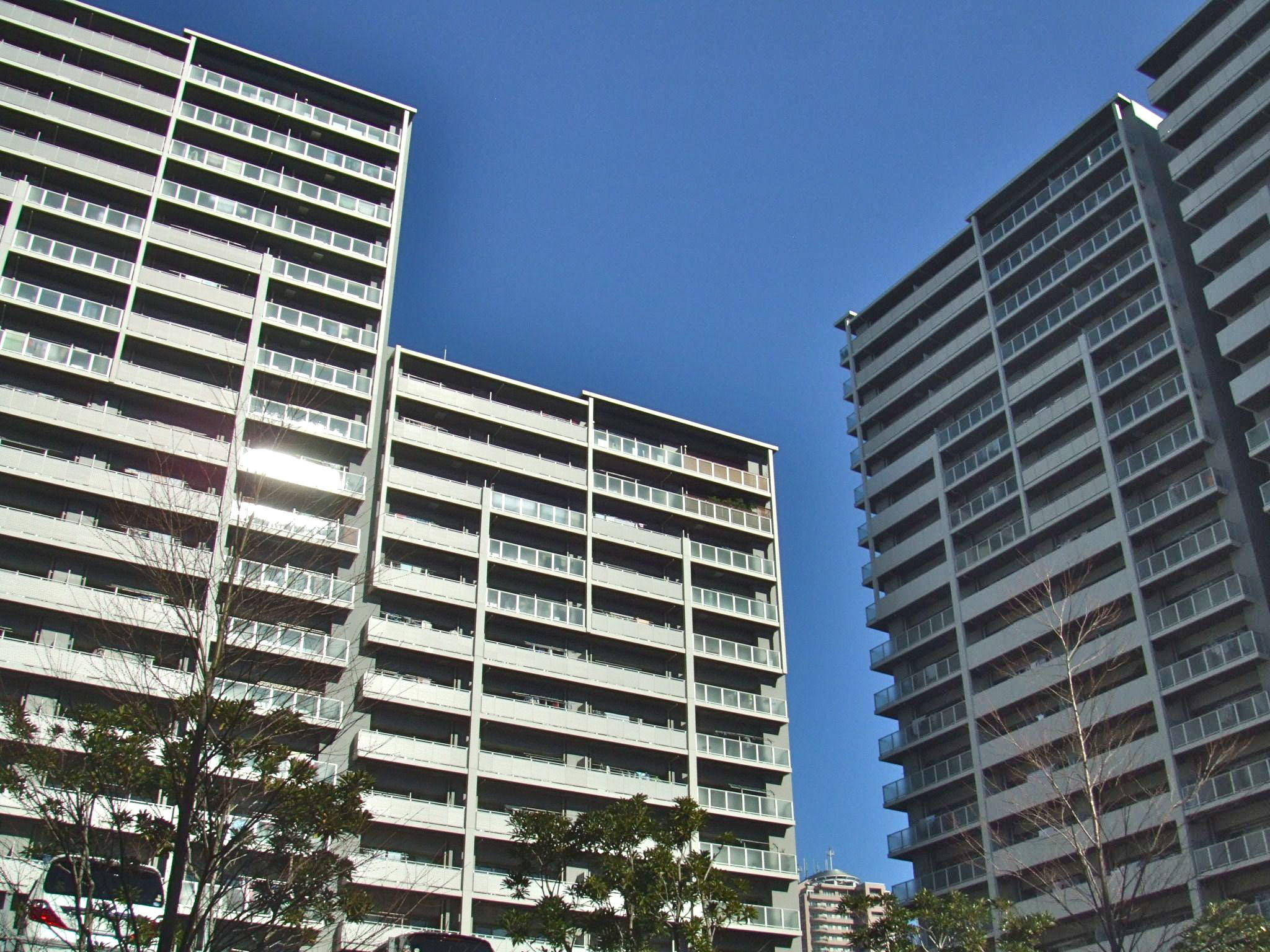When the U.S. military took charge following Japan's surrender in 1945, one of the first things it did was ban jichikai, or community associations. The thinking was that these organizations had carried out the work of the military government at the neighborhood level and their continued existence might undermine Japan's changeover to a more representative democracy. It didn't quite work, though. As soon as the Occupation was over, jichikai returned.
The Americans didn't need to worry, though. Community associations no longer foster fascism. Some residents, however, may find them overbearing in their efforts to get everyone within their bailiwicks on board for community activities like festivals and cleanup programs. Their objective is for residents to cultivate a feeling of solidarity, which can be very important when disaster strikes. But most of the work that jichikai do is on behalf of local governments.
Kanri gumiai (management associations) do pretty much the same thing in apartment buildings and condominiums. Their main task is to supervise the maintenance of the building and enforce charters. For that reason, the monthly fee is always higher than it is for jichikai. The money not only goes to pay for required elevator maintenance and shared utilities, including electricity for halls and foyers, but also to group events approved by the association.



